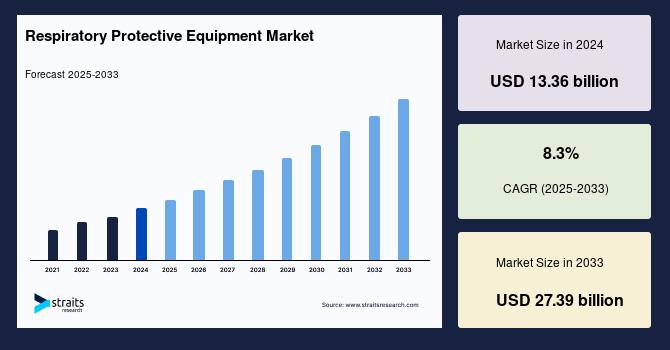A tragic incident in Austin, Texas, where five lives were lost in a commercial truck crash, has highlighted a troubling trend in road safety and regulatory oversight. This event is not merely an isolated occurrence; it reflects a broader issue concerning the licensing of commercial drivers, particularly those who are non-U.S. citizens. The increasing frequency of such accidents has raised alarms among federal officials, prompting them to reevaluate the standards and processes governing truck licensing. The implications of these incidents extend beyond immediate safety concerns, as they raise questions about the adequacy of current regulations and the potential risks posed by inadequately vetted drivers on the roads.
The federal response aims to enhance the scrutiny of commercial truck licensing, particularly for non-citizen drivers, to mitigate future risks. Key insights from this initiative suggest a need for stricter compliance measures and more rigorous testing protocols to ensure that all drivers meet safety standards. The implications of these changes could reshape the landscape of commercial trucking, emphasizing the importance of regulatory frameworks that prioritize public safety while balancing the need for a diverse workforce. As federal officials move forward with these reforms, the trucking industry must adapt to new standards that could significantly impact operational practices and driver eligibility criteria.









